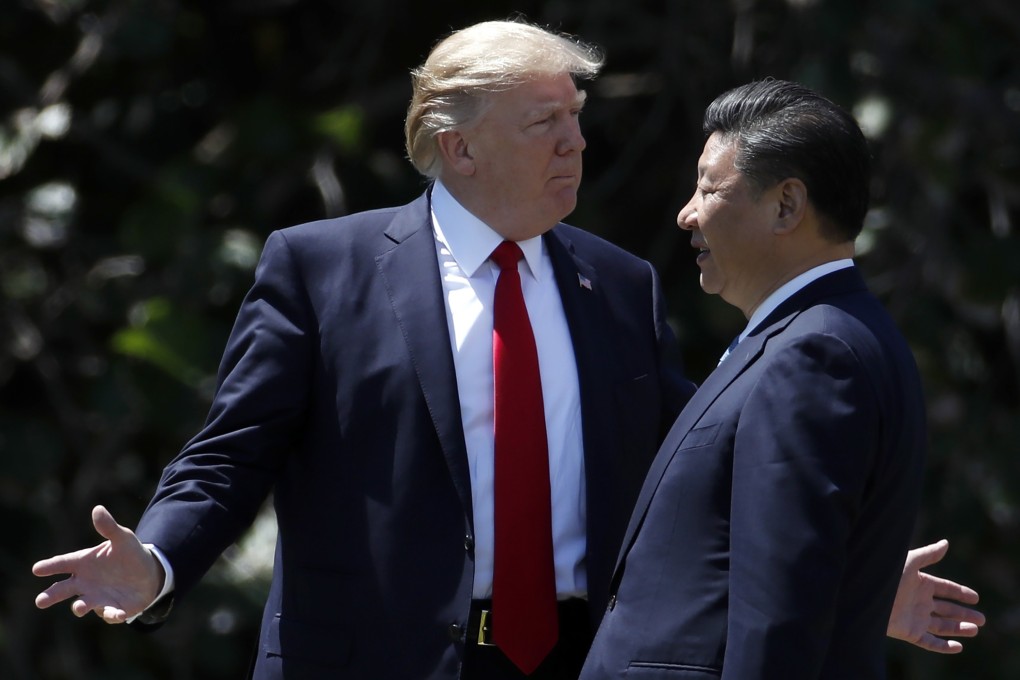Advertisement
Donald Trump ‘may use China trip to push for more concessions in further trade war deal’
- Observers say Trump could make additional demands when he travels to Beijing after a phase-one trade deal is signed
- They could include buying more goods from the US and structural reforms
Reading Time:3 minutes
Why you can trust SCMP

US President Donald Trump may use a trip to China to try to nudge Beijing into committing to changes in its economic model, according to observers.
And while a visit might help to ease trade frictions, they said Beijing would be bracing for the US leader to push for more concessions from China.
Trump on Tuesday said a partial US-China trade pact – the so-called phase-one deal – would be signed on January 15, and he would also then travel to China for more talks.
Advertisement
“The ceremony will take place at the White House. High-level representatives of China will be present,” Trump tweeted. “At a later date I will be going to Beijing where talks will begin on Phase Two!”
There was no mention of Trump’s tweet in Chinese state media on Wednesday.

China and the US announced a breakthrough in their nearly two years of negotiations in mid-December, with Washington cancelling and reducing some tariffs while Beijing agreed to increase purchases of US products and better protect intellectual property.
Advertisement
Select Voice
Select Speed
1.00x